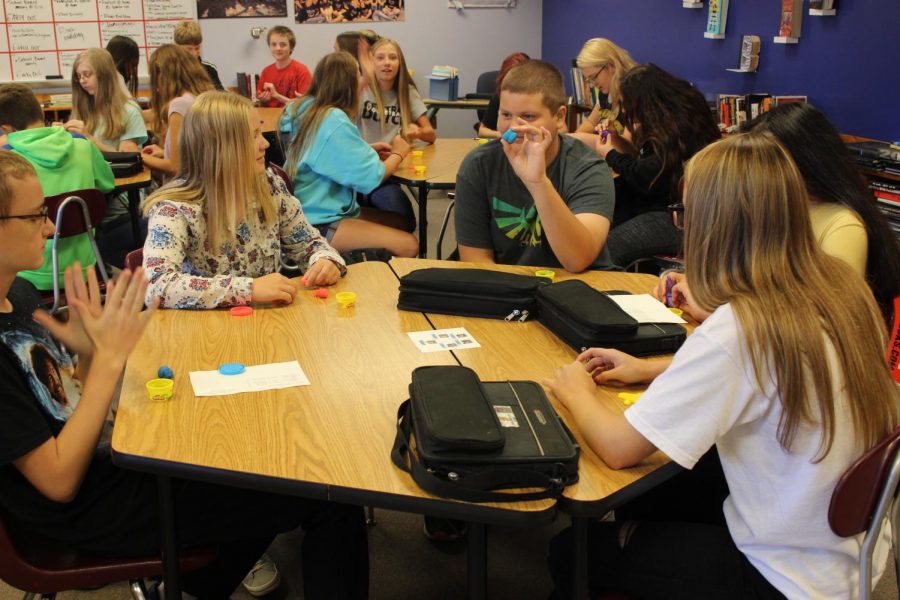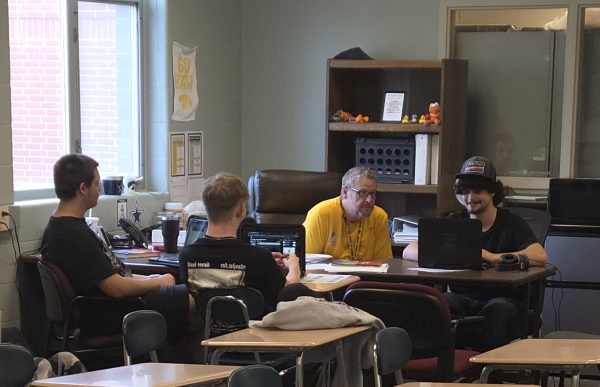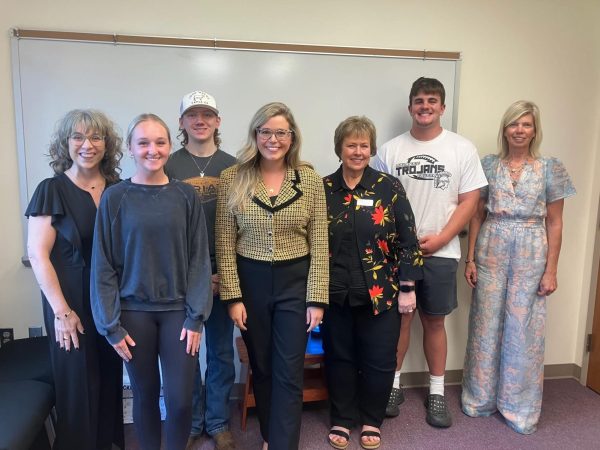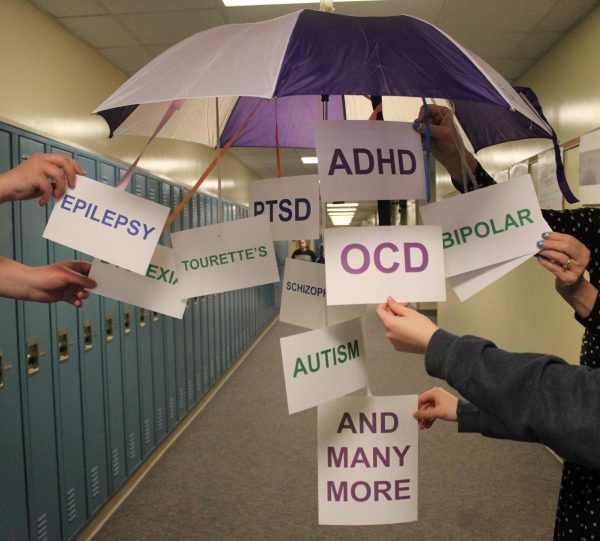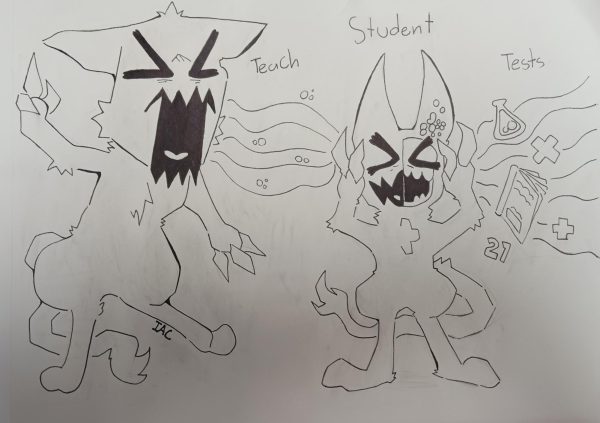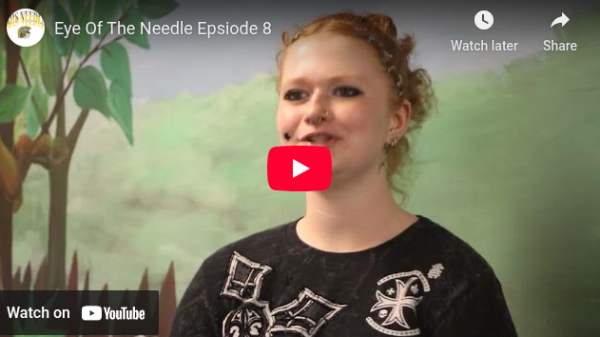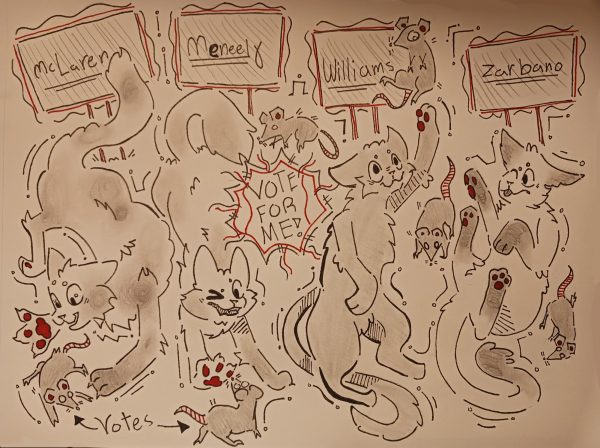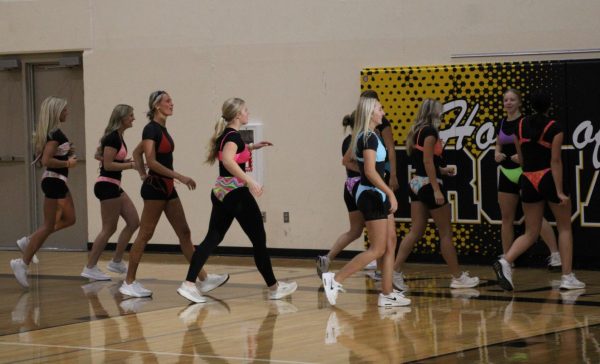A Better Understanding of Education Confidentiality
The rules of FERPA
The ruling in the Falvo vs. Owasso Independent School District court case states that schools that allow students to check each other’s homework and tests and/or saying scores aloud violates the Family Educational Rights and Privacy act, or FERPA. The court of appeals established that the teachers’ gradebooks count as a students education record.
FERPA is a federal privacy law that gives students and parents certain protections in regards to children’s educational records. Among other things, this law ensures that students will not be grading each other’s homework. According to Education World, if a school refuses to follow the practice then it is “absolutely precluded from receiving federal funds if it remains policy or practice of allowing disclosure of educational records to unauthorized individuals or entities without parental consent.”
“I used to bleed red onto the page,” said AHS principal Heather McKay. As a former english teacher, McKay highly encourages teachers to give feedback to high extents when correcting and grading student’s work. She believed teacher to student feedback to be a very important part of learning.
McKay would discuss the assignments with students and do the same with tests and semester tests if the class was two semesters long. She briefly mentioned that while she appreciates it when teachers explain mistakes to their students, there is no requirement for teachers to explain anything to their students, nor are they obligated to show students an assignment after it has been turned in and graded.
McKay has had discussions with teachers about the rules regarding students grading each other’s homework. If she hasn’t had a conversation with the teacher before, she will have a conversation in regards to FERPA with the aforementioned teacher. If reports continue to come in after the first occurrence, the teacher will be given a written reprimand, a warning towards suspension or termination. After that the teacher will get more written reprimands and have meetings with the superintendent discussing this issue and ways to work in line with FERPA.
Teachers from the Granite Public School District in Utah expressed their displeasure with the rule, as it is another thing that “makes their job harder.” In Utah the school system is full of young children as the average upper elementary classes have 30-32 kids in each classroom. A teacher’s workload is dramatically increased by this. Michael Simpson, assistant general counsel for the National Education Association (NEA) proposed a few ideas to work around for this problem. There is nothing easily identifiable from student to student. By covering up the name with a number, or even having a student check their own work so they get the most immediate help.

